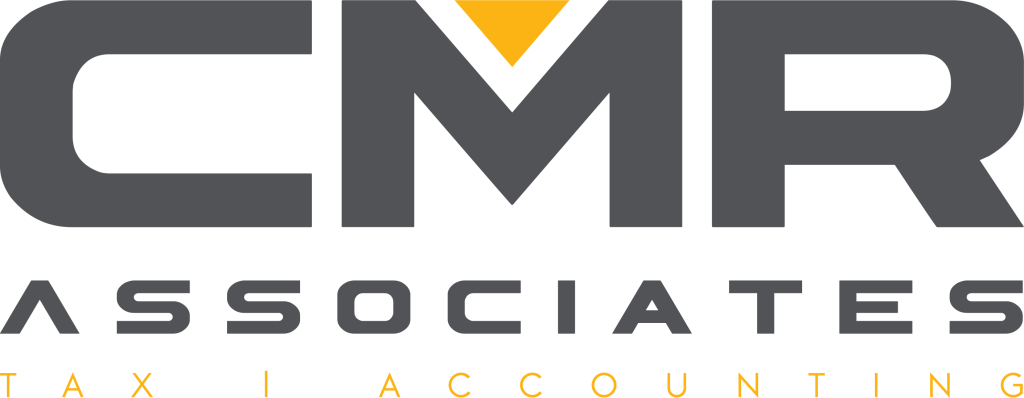By Charles Renwick
If President Donald Trump read Louisiana’s Senate Bill 232 (SB232), I imagine his response would be swift and sharp: “Who made this stupid deal?” He wouldn’t blame Hollywood for doing what it does best—getting the most for the least. He’d blame Louisiana politicians for handing out taxpayer dollars with no expectation of a return.
Trump is a deal-maker. He understands leverage. He knows that paying for 40% of a blockbuster movie without getting a cut of the profits is a losing deal—especially if the people making the money don’t even pay taxes in our state.
That’s the real problem with Louisiana’s entertainment tax credit program today.
We’re Investing Without Owning Anything
The intention behind the program isn’t wrong. We want to attract productions, create jobs, and grow our creative economy. But the execution? It’s a masterclass in how not to structure a taxpayer-funded investment.
Here’s what’s happening: Louisiana law says only Louisiana taxpayers should qualify for film tax credits. But the state agency in charge—Louisiana Economic Development (LED)—routinely grants credits to pass-through entities with out-of-state owners. These owners don’t pay taxes here. They often don’t live here. They might never even visit.
Yet when the credits are handed out, the checks go to them.
We are effectively funding up to 40% of a film or TV production—and when it succeeds, we get nothing. No royalties. No equity. No share of the long-term success. The owners walk away with the upside, and Louisiana taxpayers are left with the catering bill.
It’s Not Just Unfair—It’s Bad Business
Let’s be clear: I’m not calling for the end of entertainment investment. Far from it. Louisiana’s culture and talent are tailor-made for the film and media industry. A hit production can bring more lasting wealth than a thousand miles of road.
But if we’re going to spend hundreds of millions of dollars on productions, we should have an interest in the outcome. Instead, we’re handing out cash with no strings attached.
Imagine using that same money to build public roads or buildings. We’d create jobs, boost local businesses, and retain a physical asset that serves the public for decades. With the current tax credit setup, all we get is a temporary bump—and then the money leaves the state.
The Fix Is Simple
We don’t need to reinvent the wheel. We just need to close the loopholes:
- Close the passthrough loophole: Require that production companies be Louisiana C-corporations or that pass-through entities be majority-owned (at least 51%) by Louisiana taxpayers.
- Tie credits to long-term return: If out-of-state investors want to participate, fine—but in exchange, the state should retain a right to future royalty streams, based on a fair ratio between tax credits and total production cost. In other words, make them permanent stakeholders in Louisiana’s economy.
SB232 Does None of This
Instead of protecting taxpayers, SB232 gives LED wide discretion to hand out credits—with no clear due process and no safeguards to ensure a return on investment. It’s a lawsuit waiting to happen. Worse, it doubles down on a broken system that sends Louisiana dollars to out-of-state pockets.
This isn’t about partisan politics. It’s about smart governance.
Trump wouldn’t have signed off on this kind of deal—and neither should we.
Louisiana needs to stop playing the role of the generous extra and start acting like a producer. We deserve a share of the success we help fund.
Charles Renwick is a CPA and tax policy advocate based in Louisiana.
He is the author of “All the Presidents’ Taxes” and an advisor to creative and technology businesses.




